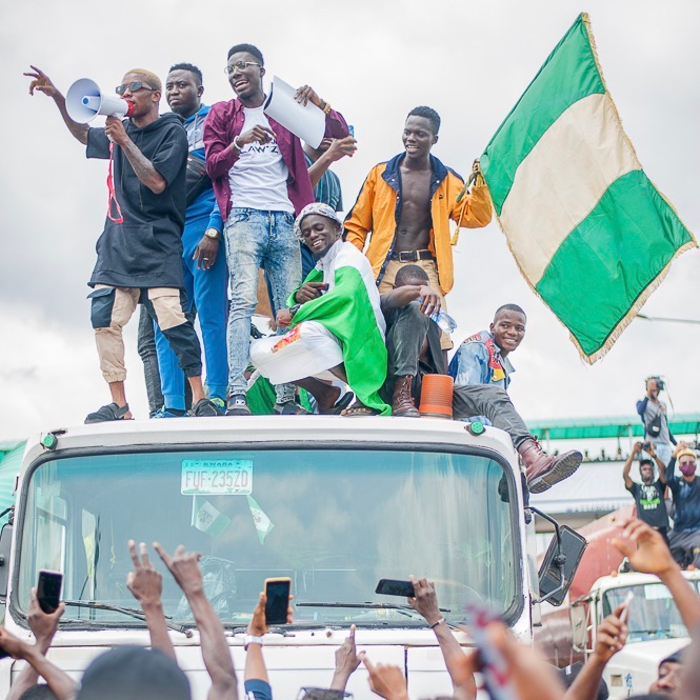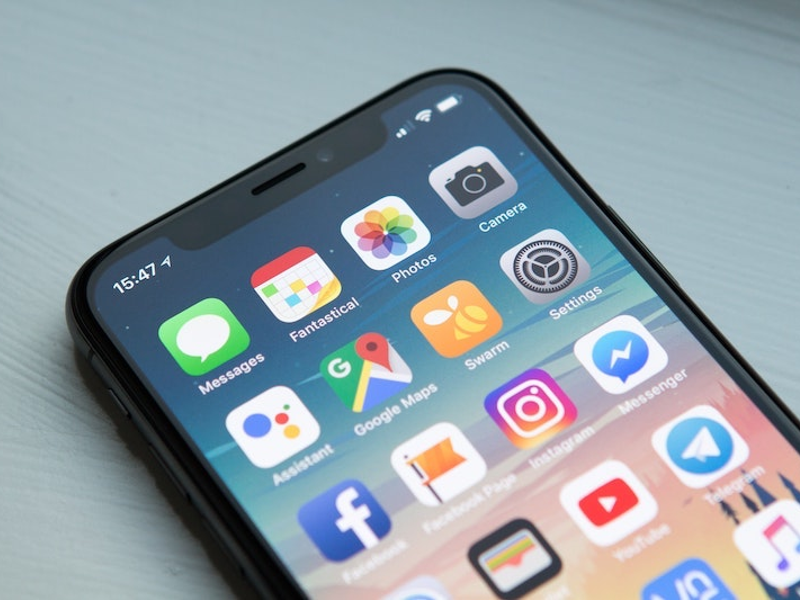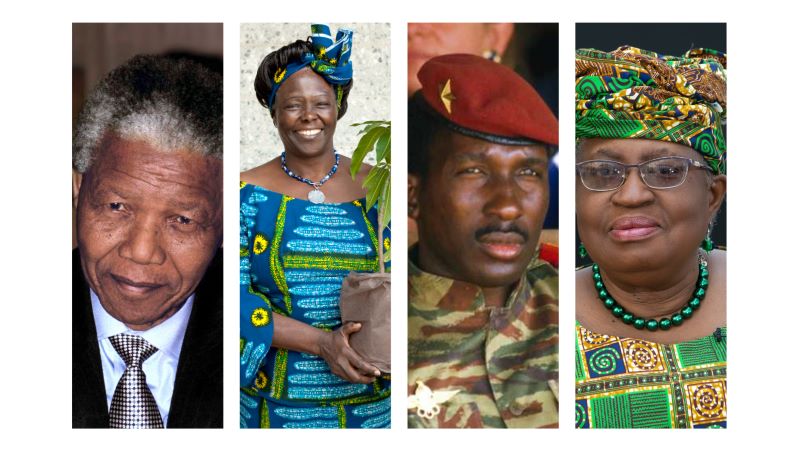Photo by William Hook via Unsplash
The entrance of Social Media platforms in the Nigerian political space has upturned the applecart of censored or programmed news stories whereby the public is fed what the government/news editors choose as newsworthy items for the general public’s consumption. To control the narratives, governance in Nigeria had been left to the conventional media to set the agenda. This gave rise to several media outfits being clandestinely supported by the government of influential individuals in the corridors of power who felt programming the people was a better solution to the dividends of good governance.
Today, in Nigeria, the monopoly of the media outfits has been broken as citizens, especially amongst the younger generation, have discovered that through social media, their voices are not only heard, but their capacity to demand accountability from their elected representatives cannot be wished away as the exuberance of youth.
Whether it is Facebook, Twitter, Instagram etc., Nigerians can be found analyzing and discussing governments programs and policies, calling out the excesses of the government as well as its public institutions, and demanding their rights and privileges, which had become an albatross under a supposedly democratic setting.

Protesters at the endSARS protest in Lagos, Nigeria Source: Wikimedia Commons
With social media, Nigerians have now found their voices. They have begun to question how their political representatives carry out their part of the social and call out areas where they have reneged on the mandate handed to them. Government institutions that would ordinarily treat citizens with disdain are practically falling over themselves to have a social media presence and address citizens’ concerns whenever they are tagged on issues affecting their agency.
In recent times, the citizens now provide the agendas many media outfits latch on to to generate headlines or form conversations for both Television and Radio platforms. It is common for stories to break on Social media platforms long before the media outfits catch up.
For a Nation with a fledgling democracy, and the propensity to fall back to the dark days of military rule or modern-day dictatorships, citizens’ active participation in governance is not only imperative but also mandatory.
Much of this citizen’s sudden participation in governance could be tied to the events leading up to the #endsars movement and the events of the Arab Spring, with social media acting as a catalyst for change.
In a country with a yawning chasm between holders of public office and the citizenry, it was inevitable in an already unpredictable environment where the citizens have been deprived of every basic dignity of their humanity. The use and availability of social media evolved from the usual banter moments common amongst young people to an expanding network of citizens collaborating to confront the system not with weapons but with their collective voices and desire for a better deal than they had been offered.
Indeed the Office of the Nigerian Citizen has come to stay.
This is a plus for entrenching good governance in Nigeria and a greater plus for rebuilding the much-touted giant of Africa.

Okechukwu Nzeribe works with the Onitsha Chamber of Commerce, in Anambra State, Nigeria, and loves unveiling the richness of African cultures.
nextquestservices@gmail.com





